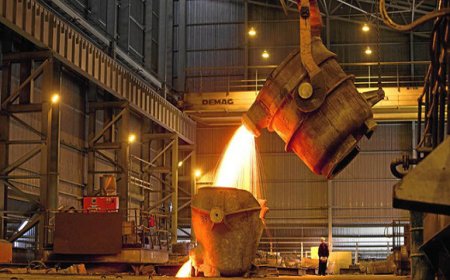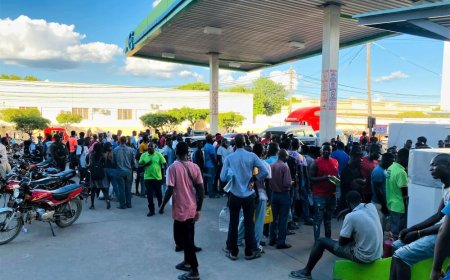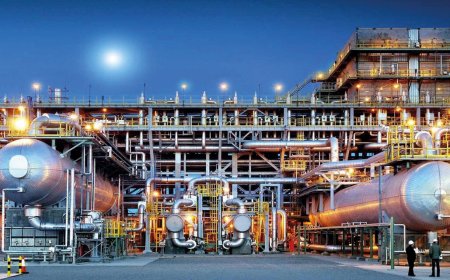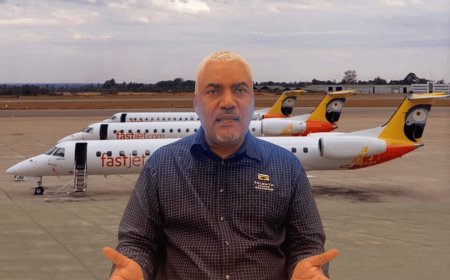EDM faces financial strain: "Energy for All" programme puts company in crisis
Electricidade de Moçambique (EDM), the public company responsible for the generation, transmission, distribution, and marketing of electric power, has been operating in the red for the past five years.
The main reason for this situation is the lack of strict adherence to risk-based management methodologies, compounded by political interference in decision-making processes.
A clear example of this interference is EDM's focus on the government’s “Energy for All” programme, imposed by the World Bank. This programme has significantly burdened the company’s finances, despite meeting the goals set by the government and international organisations.
However, the imposition of this programme does not allow threats and opportunities to be managed optimally to meet the company's strategic and operational objectives sustainably.
In its 2020-2024 business plan, EDM acknowledges that the company, which encompasses all activities in the energy sector's value chain, faces difficulties due to the universal access framework established by the government through the National Electrification Strategy (ENE).
This strategy obliges EDM to operate both commercially and socially, with the latter being the heaviest burden on the company’s accounts.
According to the plan, net results are expected to worsen by about 86% by 2024, from a negative 2.132 billion meticais in 2019 (base year) to a negative 3.974 billion meticais in 2024.
This scenario reflects the urgent need to establish strategic objectives and targets, as well as an implementation plan that includes the necessary funding sources to reverse the critical situation.
“There is a need to produce financial results and business scenarios that allow EDM to reverse its negative net results and achieve the ultimate goal of becoming a national and regional benchmark for excellence,” emphasises the EDM business plan.
The document highlights that EDM's historical financial performance has been negative, mainly due to the practice of low tariffs for energy supply, which do not cover supply, operational, and financial costs. This scenario is a direct reflection of the “Energy for All” and “Universal Access” programmes that the company has been implementing.
Moreover, the company’s high levels of indebtedness contribute to its chaotic financial situation, with debt service representing a significant burden on EDM's cash flow. “EDM needs to reverse this situation and become a commercially well-managed and financially sustainable company,” the plan stresses.
In a recent public appearance, Belmiro Óscar, head of EDM’s Commercial Directorate, revealed that the company has faced challenges in meeting a peak demand of over 1,080 MW, a 50% increase in the number of consumers over the last three years.
According to Óscar, in the past, EDM provided 500 MW at peak hours, a demand that was met by energy supplied by the Cahora Bassa Hydroelectric Plant (HCB) at an affordable cost. However, currently, the demand reaches 1,080 MW, forcing the company to purchase energy from private suppliers at high prices.
“HCB's subsidised energy only covers half of our current peak demand, necessitating the purchase of the rest from private suppliers, who charge much higher prices. We need to find ways to contain costs and ensure the company's sustainability while fulfilling the universal electrification agenda by 2030,” said Óscar.
The country's electrification agenda comes at a high cost, but EDM is committed to fulfilling it despite the challenges to business sustainability. This forces the company to restructure its business model, identifying inefficiencies to overcome difficulties.
“We cannot escape this responsibility. This is our agenda; we have to electrify the country,” Óscar emphasised. He highlighted the need to find an appropriate model to make the energy business sustainable, noting that “the business model will be sustainable if we apply proper management.”
The sustainability of EDM implies that the company's various activities — generation, transmission, distribution, and marketing of energy — are financially viable, both individually and collectively.





















